01/17/2020 04:56 PM EST
Source: Centers for Disease Control and Prevention
Related MedlinePlus Pages: Antibiotic Resistance
Related MedlinePlus Pages: Antibiotic Resistance
Protect Yourself and Your Family
What is resistant—my body or the germ? Antibiotic resistance does not mean our body is resistant to antibiotics; it means that the bacteria or fungus are resistant to the antibiotics designed to kill them.
Infections caused by antibiotic-resistant germs are difficult, and sometimes impossible, to treat—but we can help stop the spread of these germs. Antibiotic resistance happens when germs like bacteria and fungi develop the ability to defeat the drugs designed to kill them.
No one can completely avoid getting an infection, but there are steps you can take to reduce your risk.

Know Your Risk, Ask Questions, and Take Care
Ask your healthcare provider about risks for certain infections and sepsis. Speak up with questions or concerns. Keep cuts clean and covered until healed, and take good care of chronic conditions, like diabetes or heart disease.
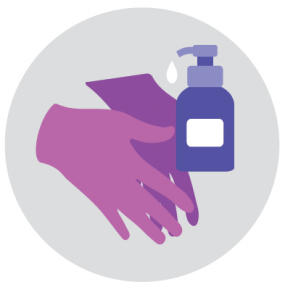
Clean Your Hands
Keeping your hands clean is one of the best ways to prevent infections, avoid getting sick, and prevent spreading germs. This video explains how washing your hands can fight germs that get on our hands every day.
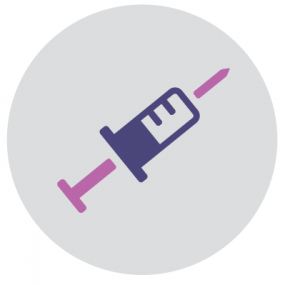
Get Vaccinated
Vaccines are an important step to prevent infections, including resistant infections. Talk to your child’s healthcare provider about recommended vaccines, and learn more about vaccines recommended for all ages.
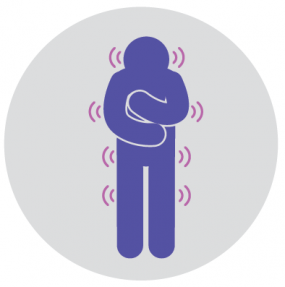
Be Aware of Changes in Your Health
Talk to your healthcare provider about how to recognize signs and symptoms of infections, or if you think you have an infection. If an infection isn’t stopped, it can lead to additional complications like sepsis, a life-threatening medical emergency. Symptoms of a C. difficile infection include severe diarrhea, loss of appetite, abdominal pain/tenderness, and nausea. Often these symptoms come with a fever.
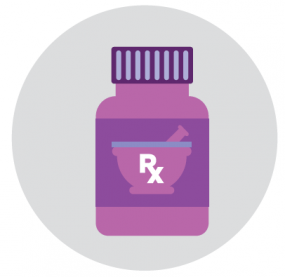
Use Antibiotics Appropriately
Talk with your healthcare provider or veterinarian about the best treatment when you, your family, or your animal is sick. Antibiotics save lives, but any time they are used they can cause sides effects and lead to antibiotic resistance. Learn more about using antibiotics, including when they are needed and when they are not.

Practice Healthy Habits Around Animals
Always clean your hands after touching, feeding, or caring for animals, and keep your animals healthy.
Learn more about pets and antibiotic resistance.
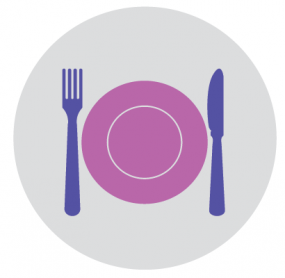
Prepare Food Safely
Follow four simple steps to avoid foodborne infections. Clean your hands, cooking utensils, and surfaces. Separate raw meat from other foods. Cook foods to safe temperatures. Chill leftovers and other foods promptly.

Stay Healthy when Traveling Abroad
Be vigilant when traveling abroad. Know what vaccinations are needed, check health alerts, stick to safe food and drinks, plan in advance in case you get sick, and learn about the risks of medical tourism.
Visit CDC’s Traveler’s Health website for more information.

Prevent STDs
Gonorrhea, a common STD, can be resistant to the drugs designed to treat it. The only way to avoid STDs is to not have sex. If you have sex, lower your risk by choosing safer sexual activities and using condoms the right way from start to finish. You and your partner should be treated right away if you test positive to keep from getting infected again. Learn effective strategies to reduce STD risk for yourself and your partner.
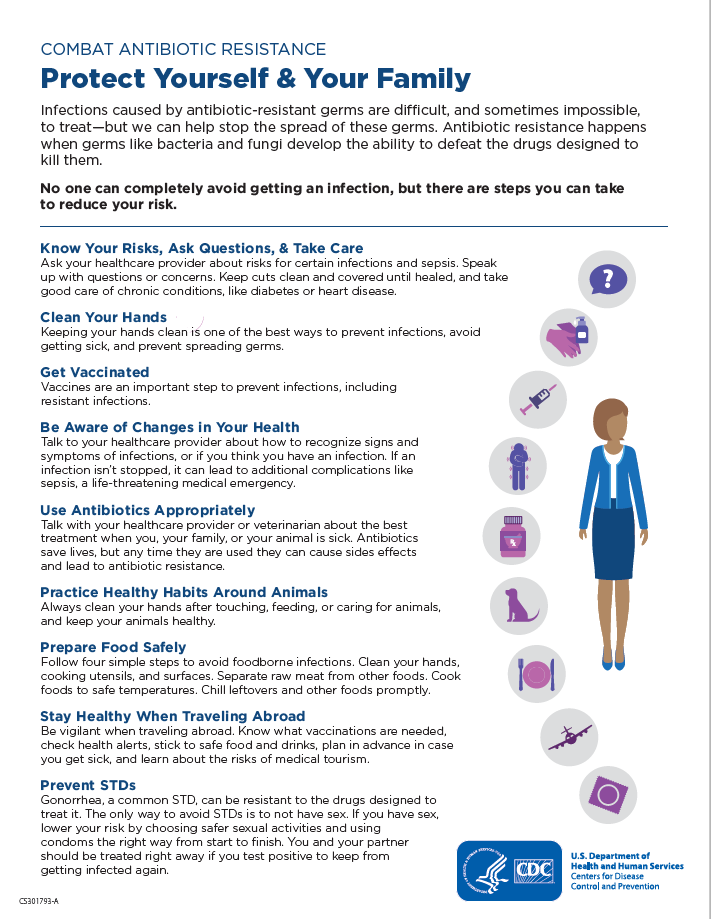


































No hay comentarios:
Publicar un comentario